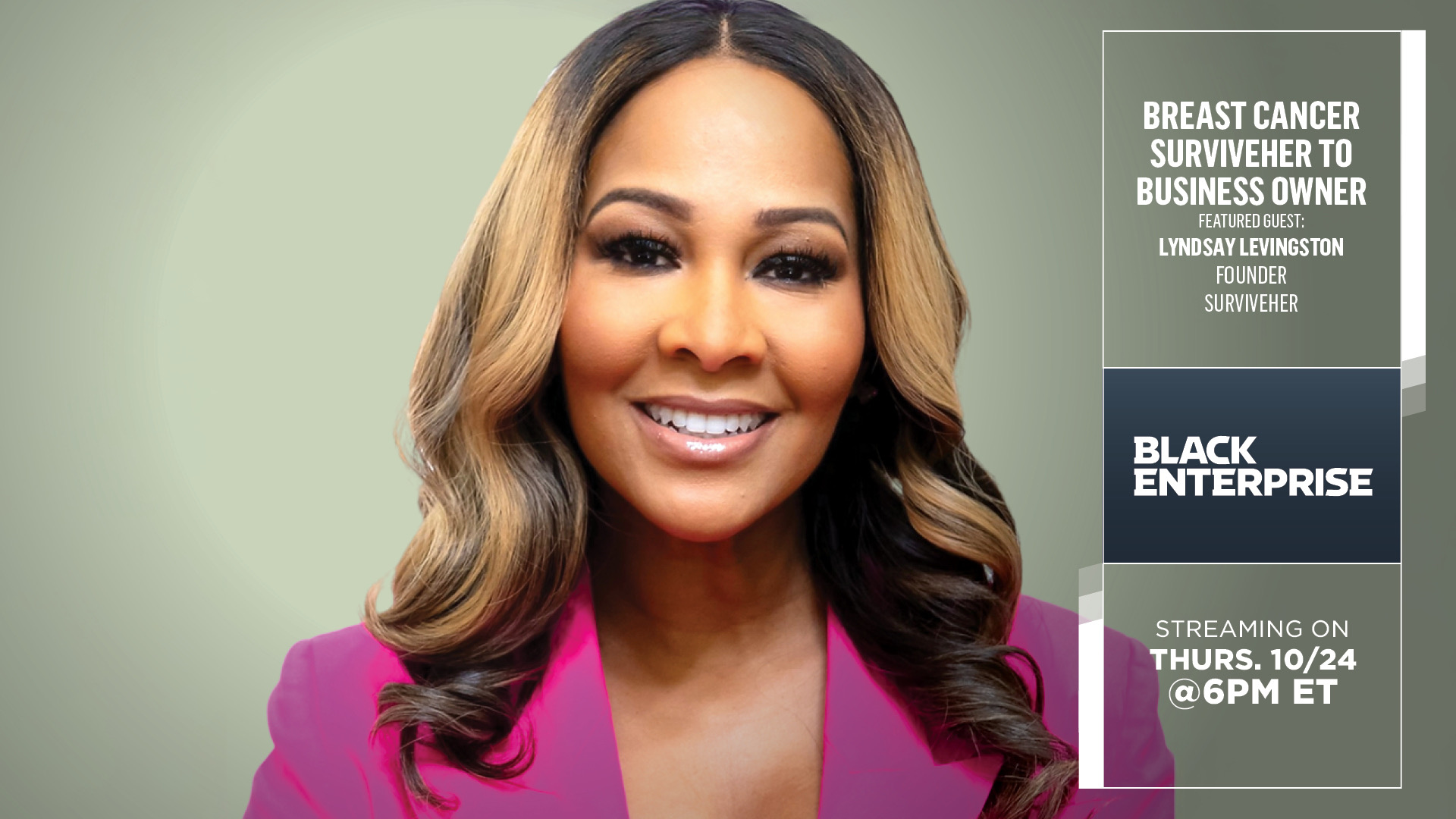
October 25, 2024
SurviveHER: Houston Woman’s Nonprofit Supports Breast Cancer Survivors Year Round
SurviveHER aims to inform, inspire, and empower breast cancer survivors and supporters.
Doctors diagnosing Lyndsay Levingston with breast cancer at the age of 37 changed everything. It was a moment, now that Levingston is on the other side, that she says it was a blessing. It was during her battle with stage 2B triple-negative breast cancer that she was inspired to create her nonprofit SurviveHER.
“The diagnosis […] really forced me to look at life differently,” Levingston said. “Who would have thought that a breast cancer diagnosis would have changed the trajectory and course of my life? But I’ll have to be honest. It was a very blessed diagnosis because I was at a place in my life in which God needed to shake some things up, and he did so, but it was all for the better.”
Levingston founded the nonprofit in October 2020. SurviveHER aims to inform, inspire, and empower breast cancer survivors and supporters. Organizers educate women by hosting events and workshops with clinicians to teach them about the signs, symptoms, and risks of breast cancer. The organization also gets candid and creates a space for women to discuss their testimonials for women undergoing treatment. There is also an empowerment pillar, where organizers and volunteers charge women to schedule mammograms and make breast health their priority.
“The work we’re doing is saving women’s lives. We’re teaching, we’re helping, and we’re truly serving community,” says Levingston. “[For women] wom, breast cancer or breast health is not even on their radar; that’s where I feel we’re really making a huge difference.”
What’s Next For SurviveHER
Levingston said she is currently in talks with some local policymakers on legislation around triple-negative breast cancer research, which is the most aggressive form. She is also focused on breast health education year-round, especially within the Black community.
“If you have a family history of breast cancer, I recommend that you advocate to start your mammography 10 years prior to the date that your family member was diagnosed,” Levingston said. “The sooner you can start that early detection and prevention, the sooner you can begin treatment if there’s a positive diagnosis.”
SurviveHER does not only focus on women. Levingston is launching a new initiative for men, SIRvivor, to include men in the conversation.
“Men are not exempt from breast cancer,” she said. “Men should be looking for any blood discharge from their nipples, spotting on their shirts or linen, and checking their tissue.”